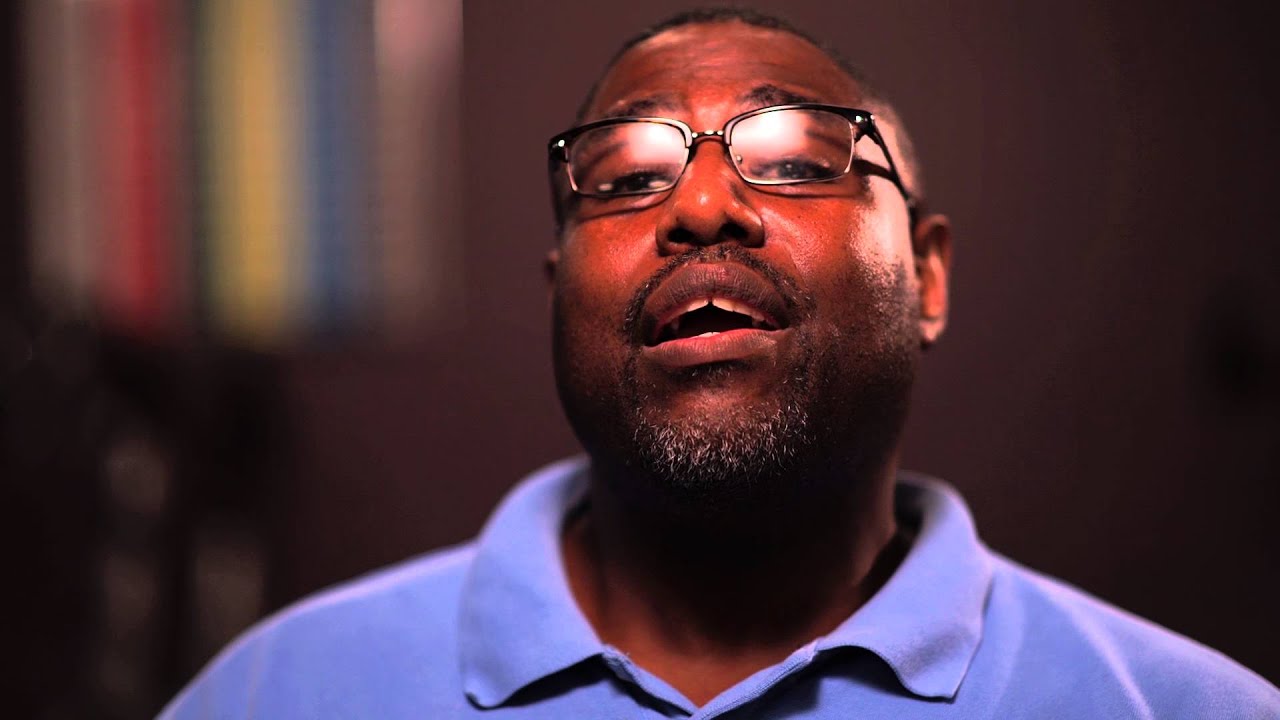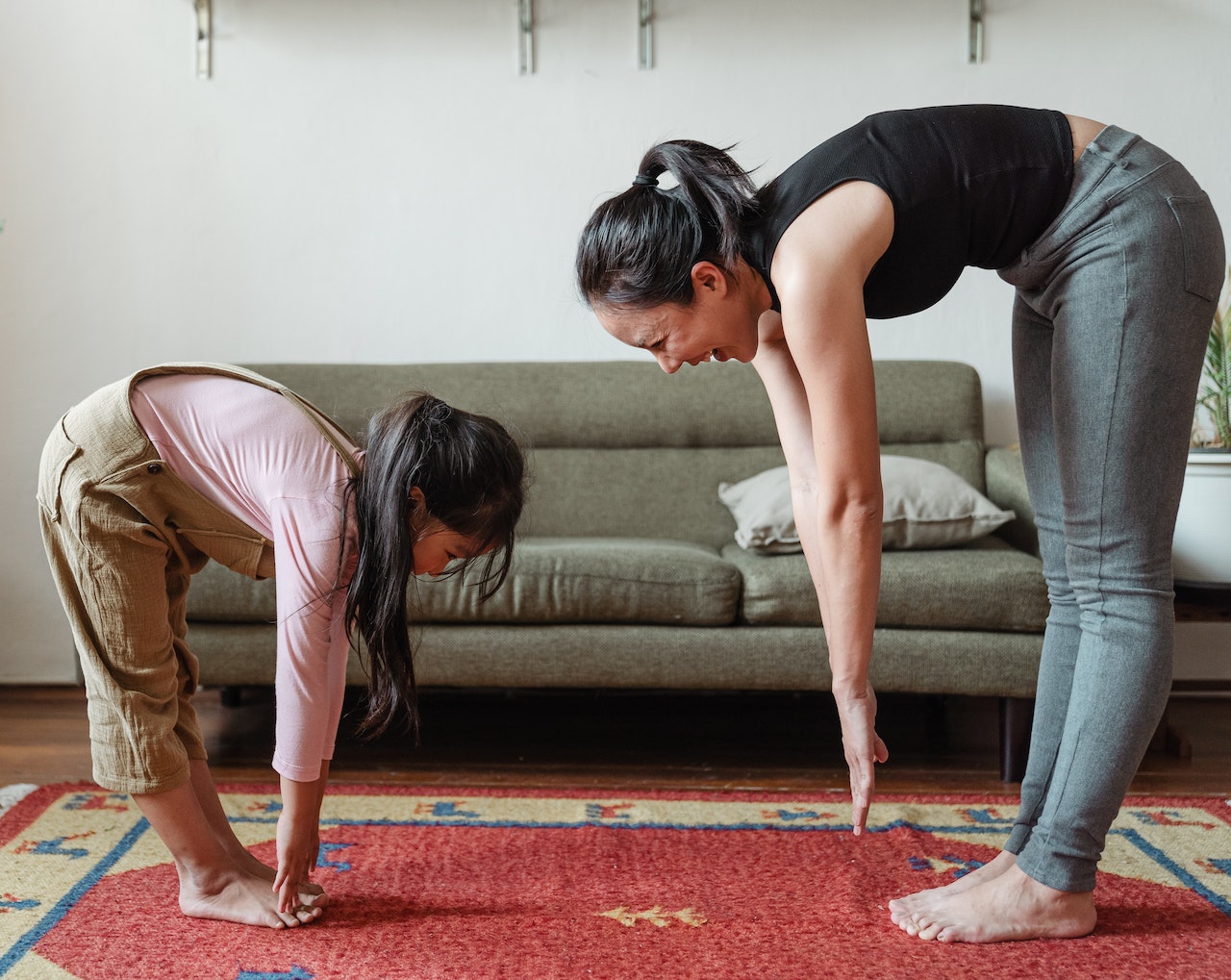Understanding The Connection Between Exercise And Sleep
Understanding the connection between exercise and sleep is an important area of research, as both exercise and sleep are essential components of a healthy lifestyle. Many studies have shown that regular physical activity can improve the quality and duration of sleep, while also reducing the risk of sleep disorders such as insomnia.
Author:Suleman ShahReviewer:Han JuMar 24, 2023117 Shares1.6K Views

Understanding the connection between exercise and sleepis an important area of research, as both exercise and sleep are essential components of a healthy lifestyle.
Many studies have shown that regular physical activity can improve the quality and duration of sleep, while also reducing the risk of sleep disorderssuch as insomnia.
On the other hand, poor sleep can negatively impact exercise performance and recovery. Therefore, it is important to explore the relationship between exercise and sleep to promote optimal healthand well-being.
Why Does Exercise Improve Sleep?
Regular exercise has numerous benefits for the human body, including improving physical fitness, reducing the risk of chronic diseases, and enhancing mental health.
One of the most significant benefits of exercise is its positive impact on sleep quality and duration. In this article, we will discuss the mechanisms behind how exercise improves sleep.
One of the primary ways in which exercise improves sleep is by reducing stress and anxiety. When we engage in physical activity, our bodies release endorphins, which are hormones that help to reduce stress and promote feelings of well-being.
Regular exercise has also been shown to reduce levels of the stress hormone cortisol, which can disrupt sleep when present in excessive amounts.
Exercise can also promote relaxation and calmness by increasing body temperature, which can help to induce sleepiness and promote relaxation.
Another way in which exercise improves sleep is by regulating the body's circadian rhythm. The circadian rhythm is a 24-hour cycle that regulates our sleep-wake cycles, body temperature, and other physiological functions.
Exercise can help to reset the circadian rhythm by promoting the release of melatonin, a hormone that helps to regulate sleep-wake cycles. Studies have shown that individuals who exercise regularly have more regular circadian rhythms and better quality sleep.
Exercise can also improve sleep by increasing the amount of time spent in deep, restorative sleep. Deep sleep, also known as slow-wave sleep, is a phase of sleep that is critical for physical and mental restoration.
During deep sleep, the body repairs and regenerates tissues, and the brain consolidates memories and learning. Regular exercise has been shown to increase the amount of time spent in deep sleep, which can lead to better physical and cognitive functioning during waking hours.
Best Time To Exercise For Sleep
Regular exercise has numerous benefits for the body and mind, including improving sleep quality and duration. However, many people wonder when the best time to exercise is for optimal sleep benefits. In this article, we will discuss the best time to exercise for sleep.
The consensus among sleep and exercise experts is that exercising earlier in the day is better for sleep than exercising later in the evening.
Exercising earlier in the day allows the body to naturally wind down and prepare for sleep in the evening.
This is because exercise increases heart rate and body temperature, which can interfere with the natural cooling and relaxation that occur in the body in the hours leading up to sleep.
Therefore, exercising too close to bedtime can make it harder to fall asleep and may lead to less restorative sleep.
However, the best time to exercise for sleep can vary from person to person depending on individual preferences and schedules.
For example, some people may prefer to exercise in the evening because it fits better with their work or family schedule.
If this is the case, it is important to give the body time to wind down after exercising before going to bed. This can be achieved by allowing for at least two to three hours between exercise and bedtime.
Understanding The Connection Between Exercise And Sleep And Sleep Problems
While regular exercise can have numerous benefits for sleep, exercise can cause sleep problems in some individuals. In this article, we will discuss how exercise can contribute to sleep problems and what can be done to prevent or manage them.
One of the most common ways in which exercise can contribute to sleep problems is by increasing levels of arousal in the body. Exercise increases heart rate and body temperature, which can make it more difficult to fall asleep and stay asleep.
This is especially true if exercise is done too close to bedtime. To prevent exercise from interfering with sleep, it is recommended that individuals finish exercising at least two to three hours before bedtime to give the body time to cool down and relax.
Another way in which exercise can contribute to sleep problems is by causing pain or discomfort in the body. High-impact exercises like running or jumping can cause muscle soreness or joint pain, which can make it difficult to find a comfortable sleeping position.
To prevent exercise-related pain from affecting sleep, it is recommended that individuals engage in a variety of exercises and incorporate low-impact activities like yoga or stretching into their routines.

Tips: Understanding the Connection between Sleep and Health
What Type Of Physical Activity Is Sleeping
Sleeping is not considered a physical activity in the same way that exercise or sports are. Physical activity refers to any movement of the body that requires energy expenditure, while sleeping is a passive state of rest that allows the body to recover and recharge.
That being said, sleep is an essential component of overall health and well-being. During sleep, the body undergoes numerous physiological and psychological processes that are critical for maintaining physical and cognitive function.
For example, sleep plays a key role in regulating the immune system, consolidating memories, and repairing and regenerating tissues and organs throughout the body.
While sleeping is not a physical activity in the traditional sense, it is still important to prioritize sleep as part of a healthy lifestyle. This means getting enough sleep regularly, which for most adults means 7-9 hours per night.
It also means prioritizing good sleep hygiene practices, such as creating a relaxing sleep environment, avoiding caffeine and other stimulants before bedtime, and sticking to a consistent sleep schedule.
It is also worth noting that regular physical activity can have a positive impact on sleep quality and duration.
Exercise has been shown to improve sleep in several ways, including reducing stress and anxiety, increasing daytime fatigue, and regulating the body's natural circadian rhythms.
As a result, individuals who engage in regular physical activity are often able to sleep better and more restoratively than those who are sedentary.
People Also Ask
How Does Exercise Improve Sleep?
Regular exercise can help improve sleep quality and duration by reducing stress and anxiety, increasing daytime fatigue, and regulating the body's natural circadian rhythms.
What Time Of Day Is Best To Exercise For Sleep?
While individual preferences and schedules may vary, it is generally recommended to finish exercising at least two to three hours before bedtime to give the body time to cool down and relax.
Can Exercise Cause Sleep Problems?
In some cases, exercise can contribute to sleep problems by increasing levels of arousal in the body, causing pain or discomfort, or exacerbating sleep disorders like insomnia or sleep apnea.
Is Sleeping A Physical Activity?
Sleeping is not considered a physical activity in the same way that exercise or sports are, as it is a passive state of rest that allows the body to recover and recharge.
Conclusion
In conclusion, it is clear that exercise and sleep are interconnected and have a significant impact on each other.
Engaging in regular physical activity can lead to better sleep quality and duration, while poor sleep can hinder exercise performance and recovery.
To maximize the benefits of exercise on sleep, it is important to understanding the connection between exercise and sleep. With a better understanding of the connection between exercise and sleep, we can improve our overall health and well-being.

Suleman Shah
Author
Suleman Shah is a researcher and freelance writer. As a researcher, he has worked with MNS University of Agriculture, Multan (Pakistan) and Texas A & M University (USA). He regularly writes science articles and blogs for science news website immersse.com and open access publishers OA Publishing London and Scientific Times. He loves to keep himself updated on scientific developments and convert these developments into everyday language to update the readers about the developments in the scientific era. His primary research focus is Plant sciences, and he contributed to this field by publishing his research in scientific journals and presenting his work at many Conferences.
Shah graduated from the University of Agriculture Faisalabad (Pakistan) and started his professional carrier with Jaffer Agro Services and later with the Agriculture Department of the Government of Pakistan. His research interest compelled and attracted him to proceed with his carrier in Plant sciences research. So, he started his Ph.D. in Soil Science at MNS University of Agriculture Multan (Pakistan). Later, he started working as a visiting scholar with Texas A&M University (USA).
Shah’s experience with big Open Excess publishers like Springers, Frontiers, MDPI, etc., testified to his belief in Open Access as a barrier-removing mechanism between researchers and the readers of their research. Shah believes that Open Access is revolutionizing the publication process and benefitting research in all fields.

Han Ju
Reviewer
Hello! I'm Han Ju, the heart behind World Wide Journals. My life is a unique tapestry woven from the threads of news, spirituality, and science, enriched by melodies from my guitar. Raised amidst tales of the ancient and the arcane, I developed a keen eye for the stories that truly matter. Through my work, I seek to bridge the seen with the unseen, marrying the rigor of science with the depth of spirituality.
Each article at World Wide Journals is a piece of this ongoing quest, blending analysis with personal reflection. Whether exploring quantum frontiers or strumming chords under the stars, my aim is to inspire and provoke thought, inviting you into a world where every discovery is a note in the grand symphony of existence.
Welcome aboard this journey of insight and exploration, where curiosity leads and music guides.
Latest Articles
Popular Articles
